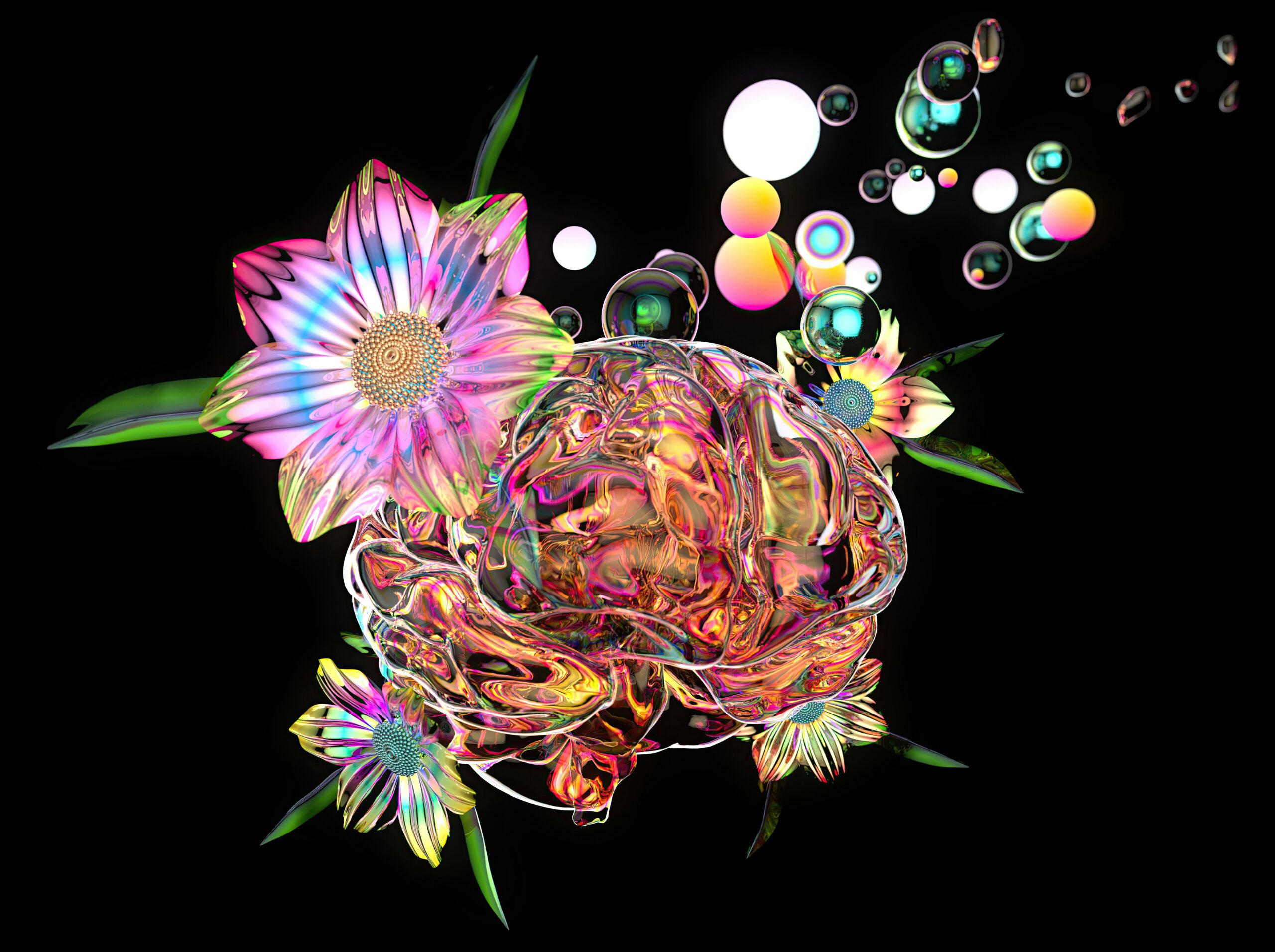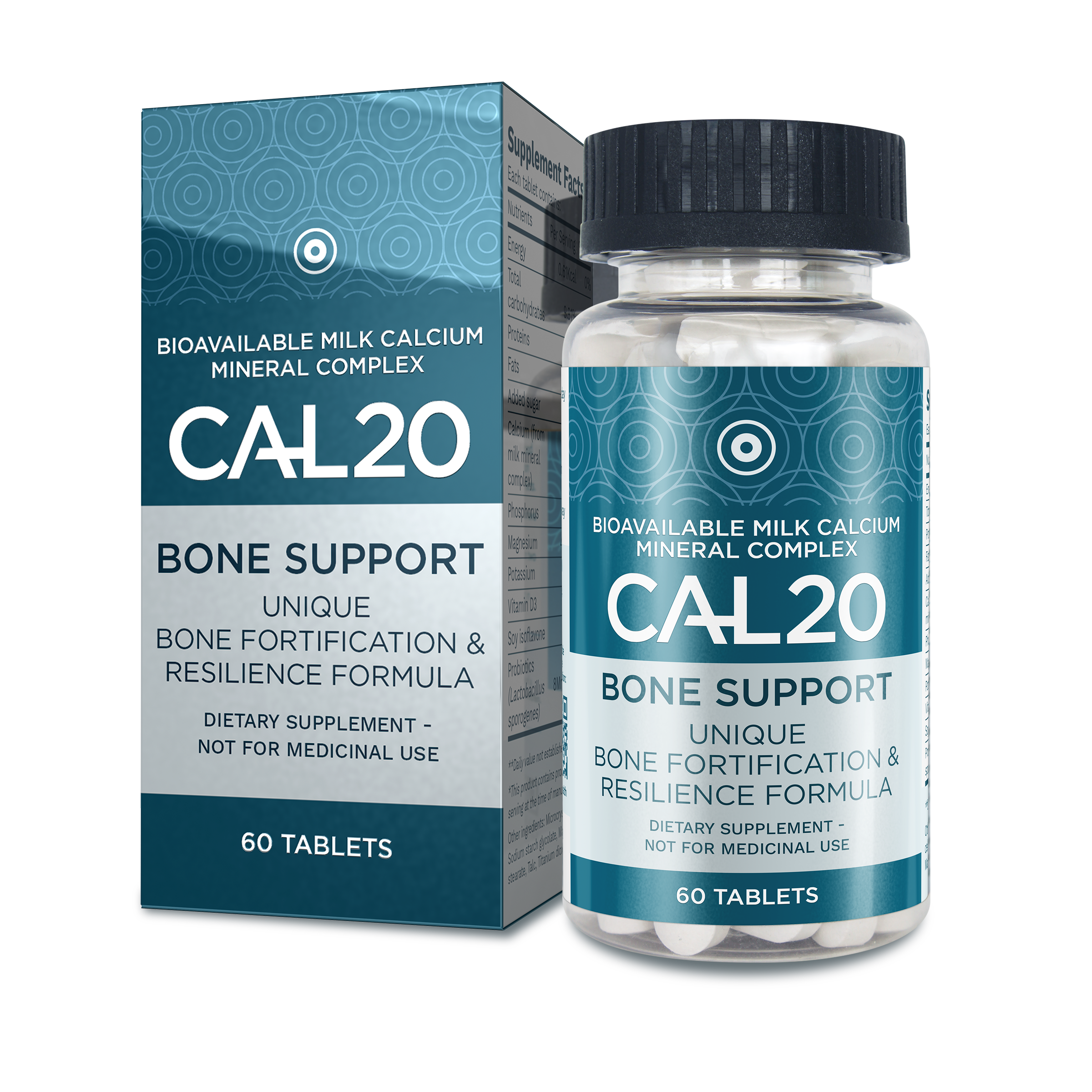Serotonin – The Happy Hormone
An excerpt from the book Younger for Longer by Dr Duncan Carmichael
I remember one Christmas Day asking my young niece Kirsty how she was enjoying herself. She looked up with her bright, sparkling eyes and, with all her soul, replied: “It’s just perfect!”
I was feeling a bit low at the time, and the sheer positivity emanating from this six-year-old made me take notice. I wondered: what happens that we gradually lose the ability to experience such boundless joy? It made me determined to rediscover my joie de vivre.
We have long believed serotonin is at the heart of that. For 50 years, it has been regarded as the brain’s primary ‘happy hormone’ or, to put it more accurately, neurotransmitter. In addition, treatment for depression has commonly been spearheaded by drugs like Prozac, which increase serotonin’s availability in the brain. This type of medication, known as SSRI drugs (which stands for selective serotonin re-uptake inhibitors), works by preventing serotonin from leaving the synapses in the brain. The more serotonin, the better the mood.
That is what the medical world has long thought. So is it true?
SSRIs have been proven to improve mood and reduce anxiety. However the belief that depression is a simply a lack of serotonin, and that SSRI’s perform their function by damming up the brain’s serotonin, is considered too simplistic by some. If treatment merely required the damming of our serotonin levels, then why do SSRIs take two months to improve our mood? Surely if it relied only on higher serotonin levels, SSRIs should take no more than a few days?
There are arguments on both sides, and we will start with those in support of serotonin being our primary happy hormone.
- Depression is associated with poor serotonin-functioning in the brain. In other words, people who are depressed tend to have low serotonin levels.
- Tryptophan is an amino acid (which is found in bananas and turkey, among other sources) that the brain uses to make serotonin. If we cut out all tryptophans from the diet, we starve the brain of the food needed to make serotonin. And people who are susceptible to depression do indeed relapse into low moods when tryptophan is removed from their diet.
In other words, people susceptible to depression have low levels of serotonin, and removing the nutrients that help the body to make serotonin worsens their situation. The logical conclusion is that serotonin plays some role in elevating our mood.
When it comes to arguments against, it is worth considering the following:
- The work that SSRIs do is much more complex than simply firing the serotonin button. As we saw in the previous chapter, there is evidence that drugs like Prozac help to improve brain plasticity, that stress breaks down brain tissue, and that SSRIs rebuild brain tissue in people who are depressed. A study on rats explained how that happens: anti-depressants increase brain-derived neurotrophic factor (BDNF), which in turns stimulates the formation of new brain cells. In other words, there is plenty of evidence to suggest that at least part of how SSRIs work is by rebuilding brain tissue, not simply by stimulating serotonin receptors.
- Inflammation is the scourge of the body, and there is every reason to believe that its negative effects also harm the brain. Indeed, many brain conditions are now viewed in terms of inflammation including depression, attention-deficit/hyperactivity disorder (ADHD), schizophrenia and Alzheimer’s. All have shown some association with brain inflammation. Take depression, for instance: if we are physically ill – with cancer, arthritis, a heart condition, diabetes or HIV, for example – then that illness can contribute both to inflammation of the brain and to depression. Even if we are not ill and are simply getting older, inflammation (which is easily measured by looking for markers in the blood) can also lead to depression. Later in the section on Alzheimer’s we will assess the links to inflammation and see how reducing that could prove important in treating and even reversing many brain conditions.
It looks to me, then, that rediscovering one’s joie de vivre is about a lot more than simply pouring serotonin into the brain. A good place to look more closely at happiness is to examine what happens when we are unhappy. To do that, we will start with cravings: what is going on in our brain when we crave something? Our next blog posts will discuss cravings and addiction.




